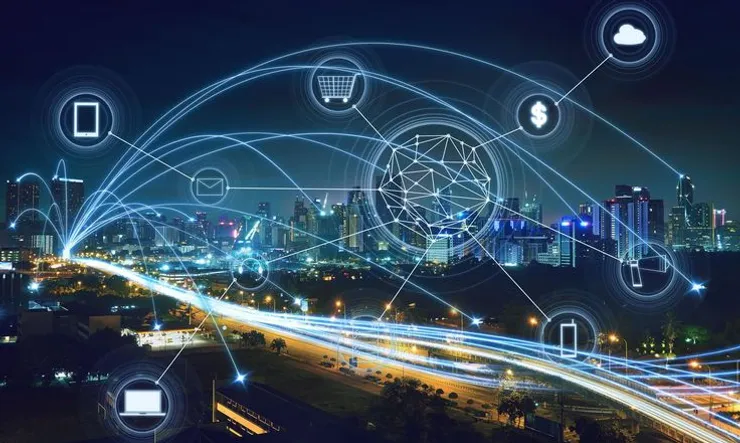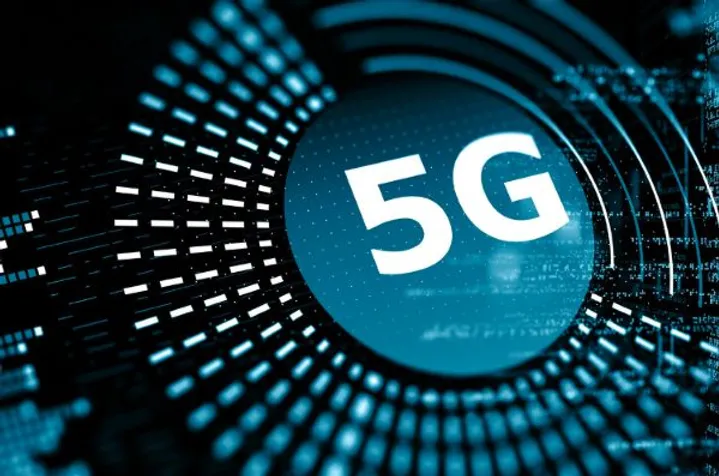Microsoft will invest A$5 billion in expanding its hyper-scale cloud computing and AI infrastructure in Australia over the next two years – the single largest investment in its forty-year history in the country. This investment will also grow Microsoft’s local datacentre footprint from 20 sites to a total of 29 spread across Canberra, Melbourne and Sydney.
Microsoft has unveiled a substantial investment of A$5 billion in Australia, signalling a significant commitment to bolster the country’s digital infrastructure, up-skill its workforce, and enhance cybersecurity measures. The investment is the largest in Microsoft’s 40-year history in Australia.
Key highlights of this announcement include:
1. Digital Infrastructure Expansion: Microsoft will focus on expanding its hyper scale cloud computing and AI infrastructure over the next two years. This investment will boost Microsoft’s local datacenter presence from 20 to 29 sites in Canberra, Melbourne, and Sydney, increasing computing capacity by approximately 250%. This expansion aims to meet the rising demand for cloud services, predicted to double from A$12.2 billion in 2022 to A$22.4 billion in 2026.
2. Skilling and Education: Microsoft is working with TAFE NSW to establish a Microsoft Datacentre Academy in Australia. Additionally, the company plans to extend its global skills programs, benefiting over 300,000 Australians, ensuring they have the necessary skills for success in the digital economy.
3. Cybersecurity Collaboration: In partnership with the Australian Signals Directorate (ASD), Microsoft will launch the Microsoft-Australian Signals Directorate Cyber Shield (MACS) initiative. MACS aims to enhance cybersecurity and provide better protection against cyber threats for Australian residents, businesses, and government entities. This partnership will focus on building next-generation cybersecurity solutions.
4. Sustainability Commitment: Microsoft will ensure its new data centers in Australia align with the company’s sustainability goals of being carbon negative, water positive, and zero waste by 2030, incorporating eco-friendly construction materials and renewable energy sources.
5. Economic Potential of AI: Microsoft’s investment positions Australia to harness the economic and productivity opportunities presented by AI technology. A recent report by the Tech Council of Australia and Microsoft suggests that generative AI could contribute as much as A$115 billion annually to Australia’s economy by 2030 if adopted at an accelerated pace.
6. Skilling Initiatives: Microsoft is committed to supporting an additional 300,000 Australians through its global skills programs. These programs aim to provide access to learning resources, certifications, and job-seeking tools to help people succeed in the digital economy.
7. Cyber Defence: The Microsoft-ASD Cyber Shield (MACS) builds upon the existing partnership between Microsoft and the Australian Government to improve cybersecurity and respond to the growing frequency and severity of cyber threats. The collaboration focuses on detecting, analysing, and defending against sophisticated nation-state cyber threats.
This initiative coincided with a state visit by Australian Prime Minister Anthony Albanese to the United States and underscores Microsoft’s commitment to Australia’s technological advancement, economic growth, and cybersecurity resilience.

